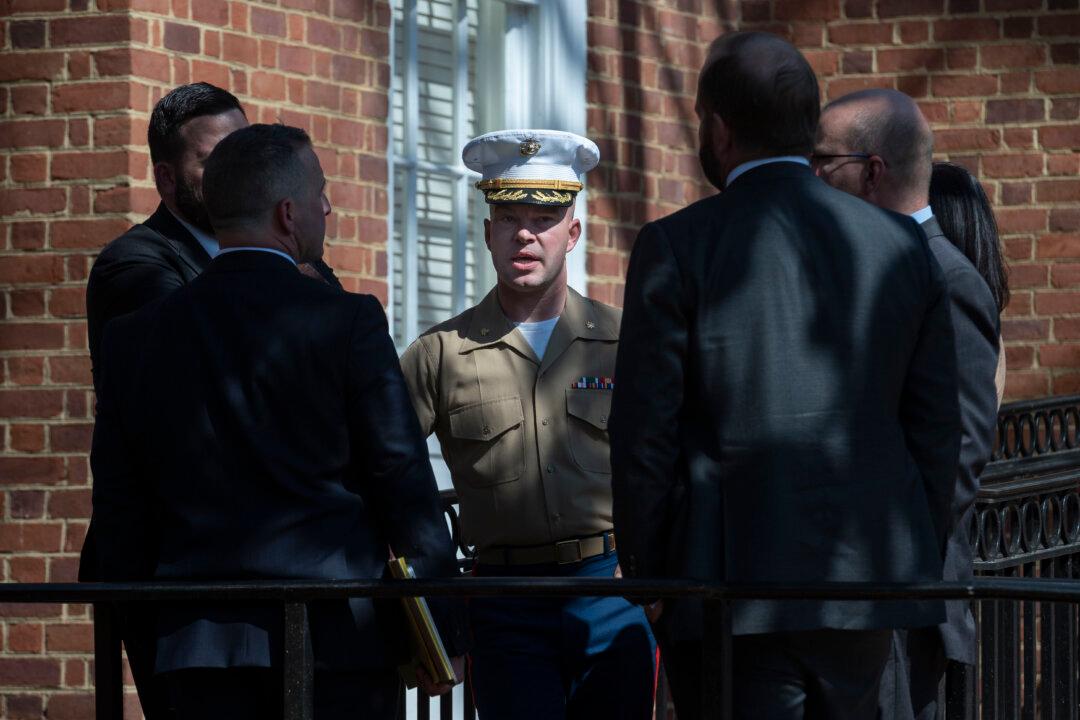A U.S. Marine’s adoption of an Afghan girl who still has some living family members was improperly authorized, an appeals court ruled on July 16.
Maj. Joshua Mast’s adoption of the girl, who was 2 months old when she was found on a battlefield in Afghanistan after a 2019 U.S. military operation, should not have happened because the adoption fit none of the categories authorized by Virginia law, according to Virginia Court of Appeals Judge Daniel Ortiz.





